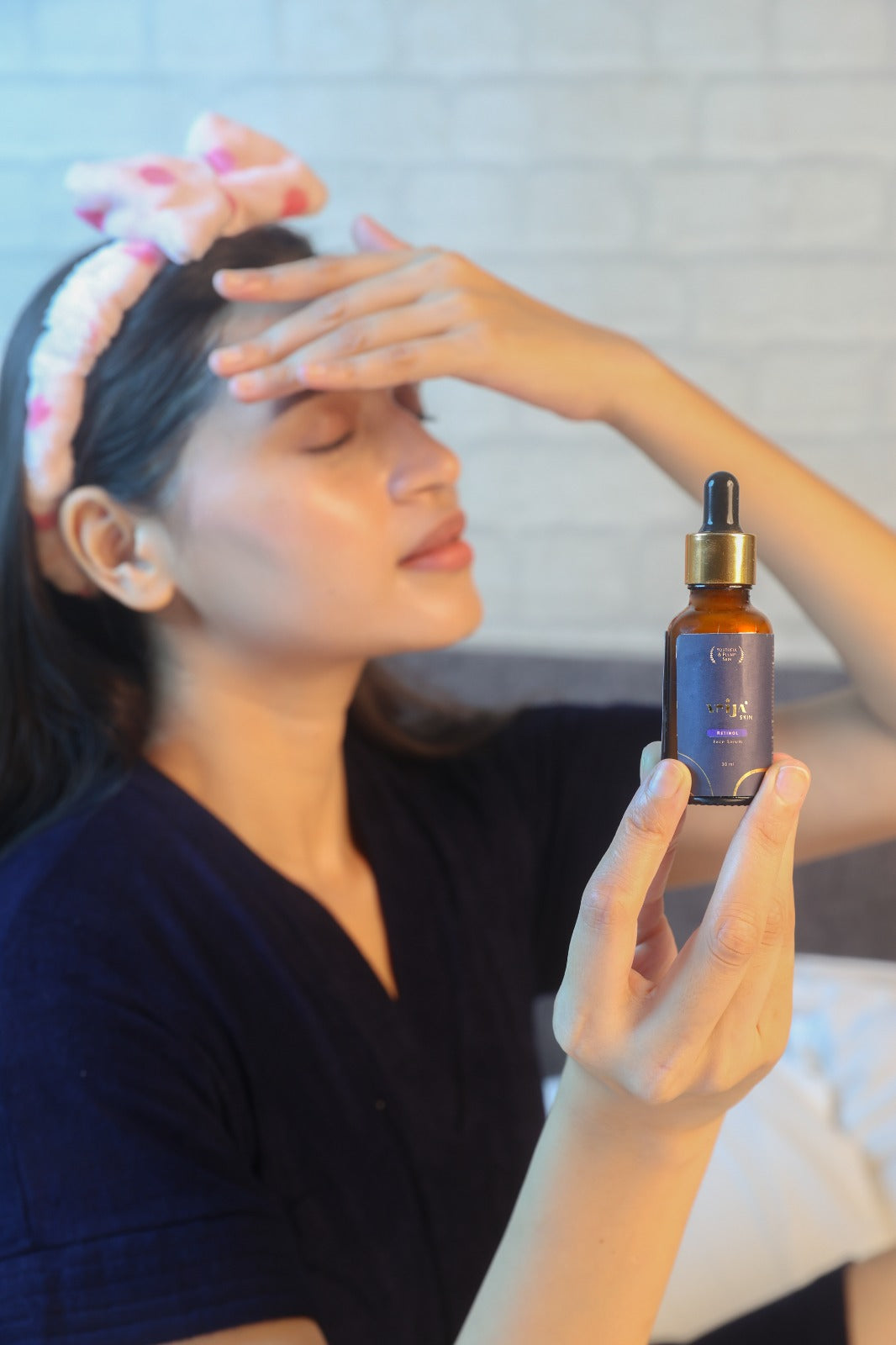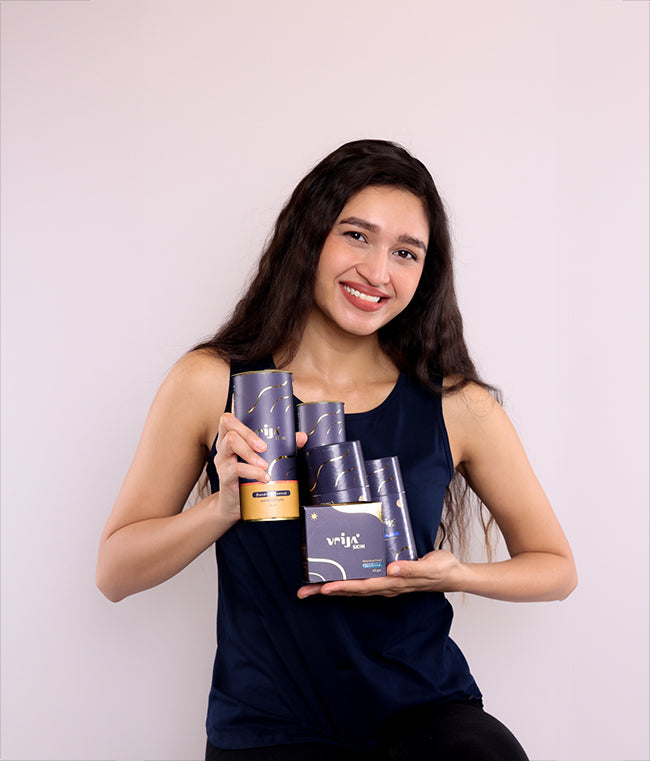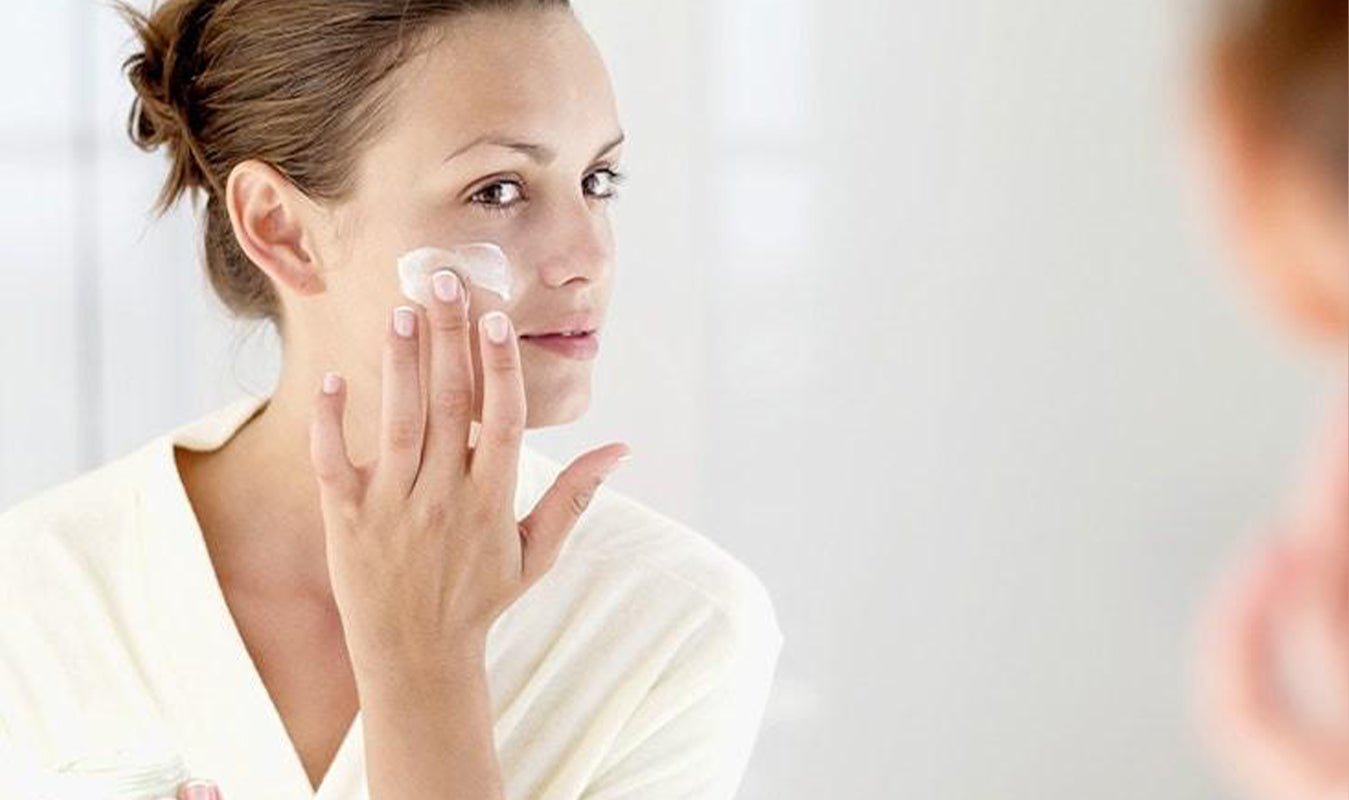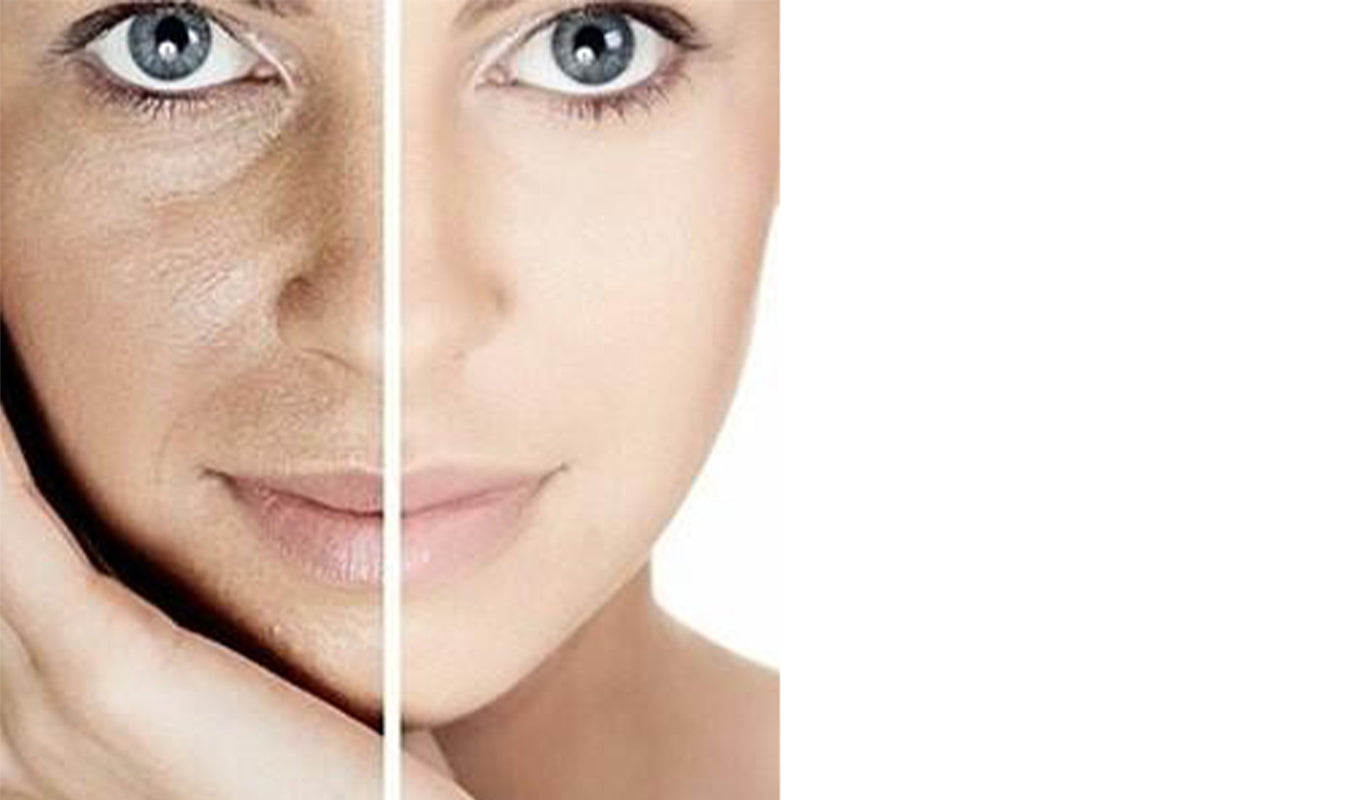
Is hair serum good for dry hair
When it comes to hair care, choosing the right products for yourself can be a little tricky. This is because while most people are well aware of the different hair types (which include straight to wavy, curly, and kinky); what we completely miss is the hair porosity. Simply put, hair porosity implies the condition of your hair cuticle: whether it is opened up and more welcoming to product and moisture; or closed flat and more resistant to the same.
Dry hair is often more porous; you will notice that while it quickly absorbs moisture and products that you apply, it also tends to lose the same very easily; making it frizzy, dehydrated, and crunchy to the touch. As important as it is to choose the correct shampoo and conditioner for your hair, choosing a good hair serum is also essential to get your hair-care game strong. Dry hair can especially benefit from all the goodness of hair serums because it tends to be more receptive, and the effects are immediate.
Here are five ingredients that you should look for while you’re purchasing your next hair serum, particularly if you have dry hair
1. Shea butter- this butter is a by-product of the shea nuts that are harvested from the Vitellaria paradoxa trees (also known as the “karate tree”, or the tree of life) in West Africa. It has been used for hair and skin since time immemorial due to its healing, anti-inflammatory, and UV protectant properties. Shea butter proves to be extremely moisturizing for the hair and scalp, specifically if you’re someone with type 3 or 4 hair (hair that tends to be rough, more porous, curly, or kinky). If you use a hair serum that contains shea butter, you will notice that your hair is more moisturized and softer to the touch. Shea butter also works very well for damaged hair as it is rich in vitamins A and E along with essential fatty acids. Additionally, shea butter soothes scalp irritation, thus providing relief if you have dry, flaky scalp; and that too without clogging your pores!
2. Hyaluronic acid- primarily known for its hydrating and plumping effects on the skin, hyaluronic acid can prove to be a boon for dry hair as well. In fact, hyaluronic acid works for virtually all hair types. Out of the many forms of hyaluronic acid, sodium hyaluronate is the most common version found in hair care products. It will help balance out the fatty acids in your hair, along with retaining moisture and nutrients like proteins in your hair strands. Sealing your hair cuticles, hyaluronic acid prevents environmental water from entering your hair strands and leading to frizz; which is a common concern if you have dry hair.
3. Glycerine is another humectant that works by attracting moisture towards itself. Obviously, when it is applied to your hair strands, it will tend to keep your hair hydrated by pulling moisture. Like hyaluronic acid, glycerine too seals off your hair cuticle and prevents further moisture loss from your hair strands. Additionally, glycerine is a known anti-microbial agent. So if you have dandruff, it might help you with that condition as well and relieve the signs of itching and irritation
4. Cetyl Alcohol: owing to its emollient properties, cetyl alcohol is extremely handy when it comes to solving all your hair woes related to dryness and dehydration. As an emulsifying agent, it has the incredible ability to hold (and mix) oil as well as water. Thus, it deeply conditions your hair over time.
5. Sodium Lactate: another natural humectant, sodium lactate is derived from as the fermentation product of lactic acid. Being a bacteriostatic agent, it hampers the growth of harmful bacteria that might reside on your scalp and hair. Because of its water-loving nature, it is frequently substituted for glycerine in many formulations.




